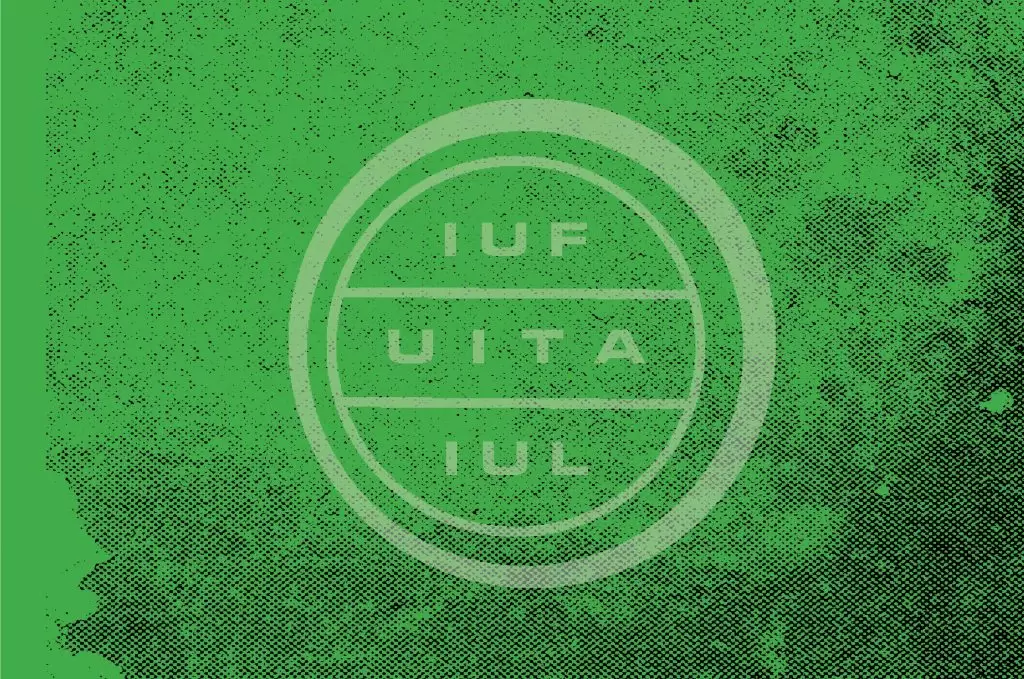Trade unions have a long and proud tradition of fighting for a safer, more equal world where the rights of workers are a prerequisite for achieving economic and social progress. We now live in an increasingly unstable climate where extreme weather events have become commonplace. While all humanity is under threat, the crisis has a disproportionate impact on people in precarious employment, including many agricultural workers, migrant workers, women workers, LGBTI workers and workers from ethnic minorities.
Fighting for a climate friendly food system is an urgent task which demands a collective response. ‘Market corrections’ will not resolve structural and entrenched inequality. As the food industry reinvents itself, there is a real danger that entire communities of workers and their families will be sacrificed to climate restructuring. Transition to more climate friendly food sectors demands careful planning and implementation with unions negotiating with employers and governments to achieve sustainable employment. Skill development, income protection, job guarantees and public and private investment in green technologies are required. A more equal distribution of wealth is critical to guarantee political, social and economic stability through this transition.
Unions must get involved so that communities are not abandoned to poverty, intergenerational unemployment, addiction, and the politics of resentment where scapegoated communities are subjected to violence on a daily basis.
Without action, our children and grandchildren will face a future defined by climate refugees in a world of conflict. Whether young or old, we must all demand urgent action, and only democratic unions can represent workers to win lasting solutions to the crisis.
Fighting For Our Future – An IUF Guide on Tackling the Climate Crisis in Intensive Livestock Production is released today and begins a new chapter in our work to integrate climate and environmental stability with the fight for equality and democratic rights.
It is estimated that up to a third of global greenhouse gas (GHG) emissions result from a food system which also fails to deliver living incomes or a sustainable future for the majority of its workers. The contribution of intensive livestock production to GHG emissions makes meat and dairy among the worst contributors to global warming. Unions must advocate for radical changes to current methods of production to reduce emissions.
The Guide is a reference document and an educational resource and includes sections on:
- How intensive livestock production and the downstream meat and dairy processing industries are fueling the climate crisis
- How to take action for a rapid transformation to a food system based on agro-ecological practices
- How IUF affiliates are working with employers and governments to reduce greenhouse gas emissions
- How to organize and bargain to ensure good union jobs and decent employment through a Just Transition
The publication includes an Activity Workbook of education modules for training workplace leaders and members.
The IUF thanks the Friedrich Ebert Stiftung (FES) for its political and financial support of this work. FES and the IUF will continue to work jointly to support education events to increase awareness and build knowledge around trade unions’ key role in the transition away from climate instability.
Fighting For Our Future – An IUF Guide on Tackling the Climate Crisis in Intensive Livestock Production is available in English, German, Portuguese, Spanish, Swedish and French.
